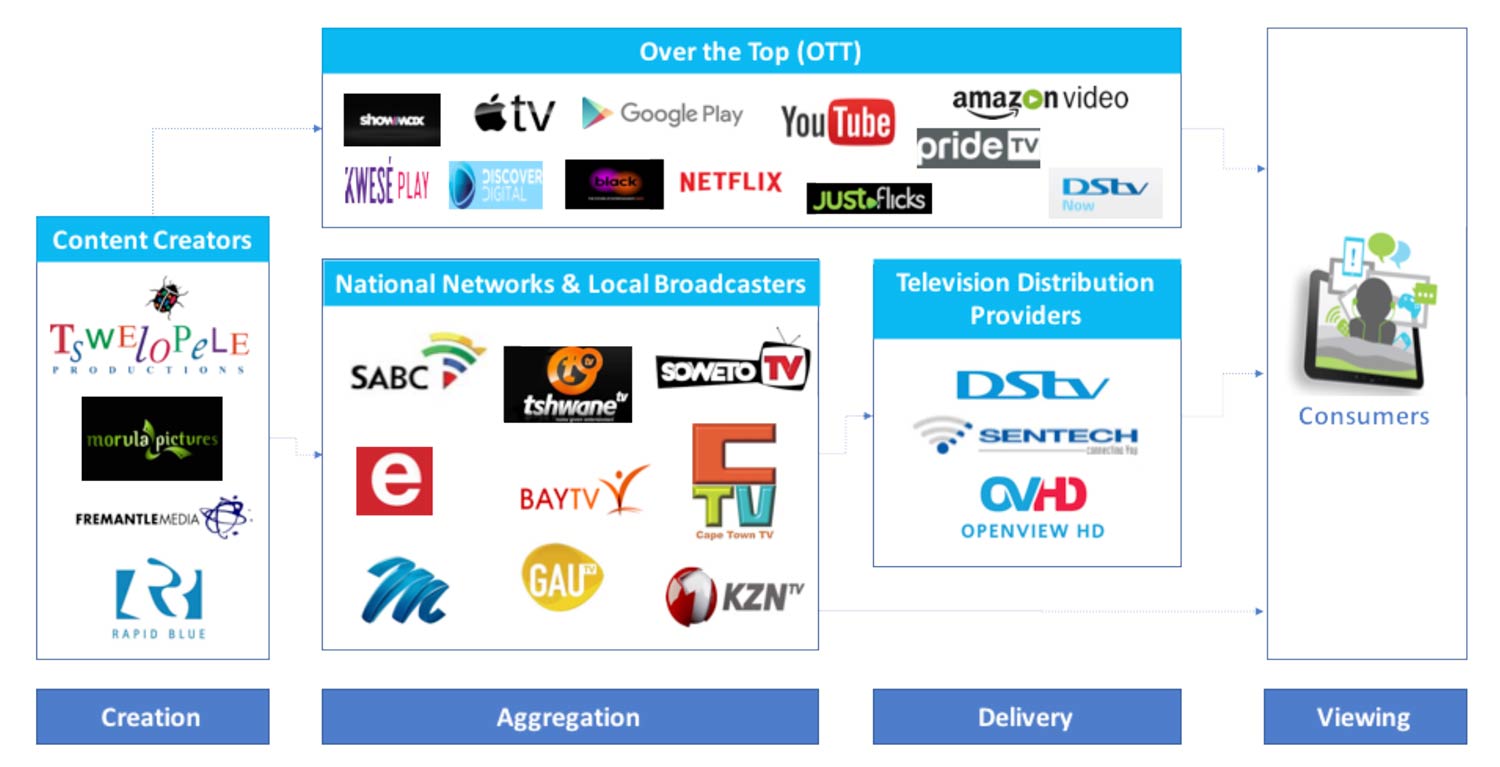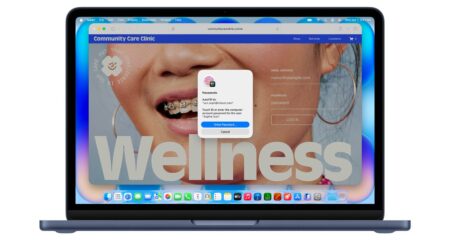 Netflix, Disney+ and other international streaming video providers may in future require operating licences in South Africa, if a new draft white paper is introduced into law.
Netflix, Disney+ and other international streaming video providers may in future require operating licences in South Africa, if a new draft white paper is introduced into law.
The department of communications & digital technologies has said it aims to ensure that foreign broadcasters and streaming companies are subject to the same regulations as local players – and might even require foreign companies to produce local content.
In its newly published draft white paper on audio-visual services in South Africa – which could replace big chunks of the country’s broadcasting legislation – the department of communications & digital technologies has made it clear it wants both local and international broadcasters and content providers to be licensed to operate.
Netflix, Amazon Prime Video and Disney+ currently don’t need operating licences in South Africa, while local broadcasters such as the SABC and MultiChoice must comply with a lengthy list of regulations, including limitations on foreign ownership.
International streaming companies active in South Africa include Netflix, Disney+, Apple TV+, Google (through YouTube), BritBox, Amazon Prime Video and PCCW (with Viu). Homegrown platforms include Showmax (owned by MultiChoice Group), eMedia’s eVOD and SABC+ (previously TelkomOne).
The white paper said the number of streaming platforms in South Africa has “increased significantly”, with a diversity of players. This has resulted in the local market changing to become more like international markets.
Netflix and the streamers
The white paper seeks to create a broader regulatory definition that covers all content services carried over electronic communications networks, including fixed and mobile broadband networks, digital satellite broadcasting networks and terrestrial distribution networks.
The communications department believes a new licensing framework in South Africa must distinguish between linear and non-linear services, while at the same time creating a “level playing field” between competing services, according to the draft. It starts with a new statutory definition of “audio and audio-visual content services” to cover both linear (traditional broadcasting) and online linear streaming channels (as opposed to on-demand viewing).

A threshold will apply to international companies that are actively targeting South African audiences and extracting revenue. In such a case, if the global size of the foreign business is capable of affecting local economic activity, communications regulator Icasa may issue a licence irrespective of the size of its South African annual turnover. An interdepartmental task team will be set up to report to the minister on mechanisms to ensure compliance by international firms that meet the licensing criteria but do not have a physical business premises in South Africa and potentially refuse to apply for a licence.
Read: South Africa still keen to amend broadcast ownership rules
MultiChoice is calling for more regulation of global streaming service giants, including Netflix, that operate in South Africa The company has claimed that global players are not subject to the same regulations when it comes to paying tax.
“If you look at the streaming players, they are unregulated, they don’t have to have a licence, they don’t have to produce local content, they don’t have to employ anybody in this country and they don’t have to pay any taxes,” the company’s CEO Calvo Mawela said in 2019. – © 2023 NewsCentral Media




